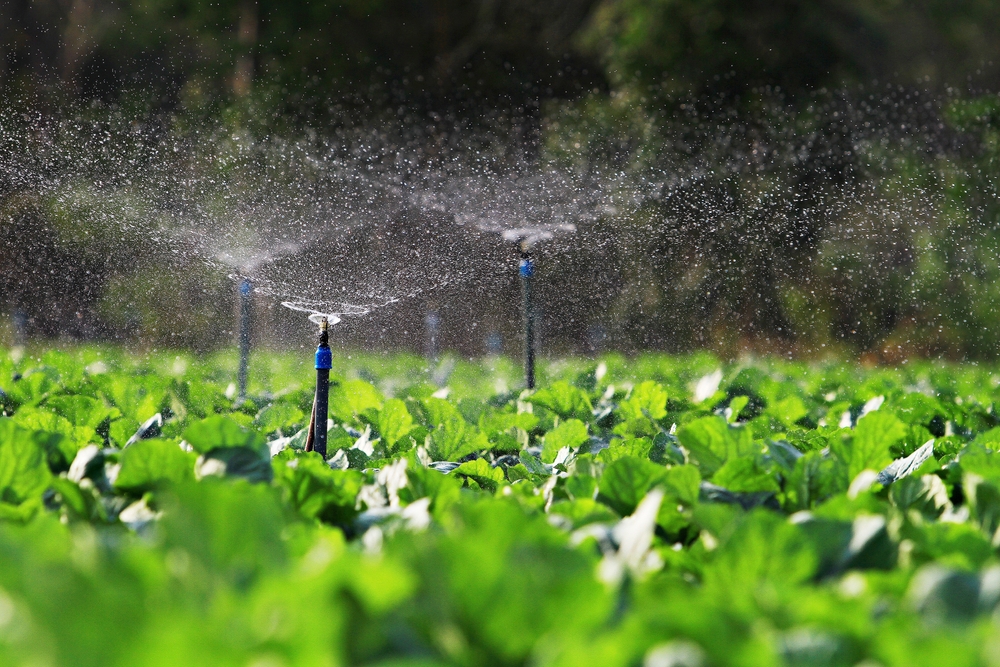Tensions Escalate Over Water Rights
The United States and Mexico are currently engaged in a heated dispute regarding compliance with a long-standing water treaty. At the center of the controversy lies a 1944 agreement which stipulates that Mexico must deliver water from the Rio Grande to Texas, while the U.S. reciprocates by providing water from the Colorado River. Recently, former U.S. President Donald Trump accused Mexico of failing to meet its obligations, escalating tensions with threats of trade penalties.
Trump has publicly blamed Mexico for allegedly depriving Texan farmers of water essential to their agricultural activities. According to Trump, water shortages have resulted in significant economic damage, notably the closure of Texas’s sole sugar mill due to inadequate water supply.
Demands and Responses
Trump’s administration insisted that Mexico owes over 1.55 billion cubic meters of water to the U.S. The current cycle of the treaty is nearing its end, intensifying pressure on Mexico to fulfill its obligations. Trump has indicated that the U.S. government is prepared to impose escalating trade consequences, including tariffs and potential sanctions, unless the Mexican government promptly addresses the shortfall.
Responding to these accusations, Mexican President Claudia Sheinbaum maintained that her administration has made continuous efforts to comply with treaty terms within the constraints posed by persistent drought conditions. She highlighted that Mexico has already submitted a detailed proposal to the U.S. State Department, aiming to resolve the disagreement amicably. The Mexican administration remains optimistic about reaching a bilateral resolution despite recent friction.
Challenges and Historical Context
Despite these diplomatic efforts, the U.S. government recently declined a Mexican request for a special water delivery, marking a rare denial in their bilateral water dealings. Mexico attributes its delayed water deliveries to a severe, prolonged drought affecting the Rio Grande basin. Nevertheless, American farmers and political representatives argue that Mexico frequently delays water releases until the end of each five-year delivery cycle, consistently failing to meet agreed volumes.
The complexities of managing shared water resources have led both countries to sign additional agreements aimed at ensuring more reliable deliveries. One recent accord specifically seeks to mitigate shortages affecting southern U.S. states through improved coordination with Mexican authorities.
Social and Economic Impact
Historically, water treaty compliance has sparked significant civil unrest within Mexico. Notably, severe protests erupted when farmers in the northern Mexican state of Chihuahua forcibly occupied a dam facility to block the government’s water releases to the U.S. These confrontations escalated into violent clashes with Mexico’s National Guard, tragically resulting in casualties.
As the treaty deadline looms, tensions remain high. The potential for trade disruptions, agricultural instability, and civil unrest underscores the urgent need for diplomatic solutions. Both nations now face increased pressure to resolve the dispute promptly, safeguarding economic interests and regional stability.


